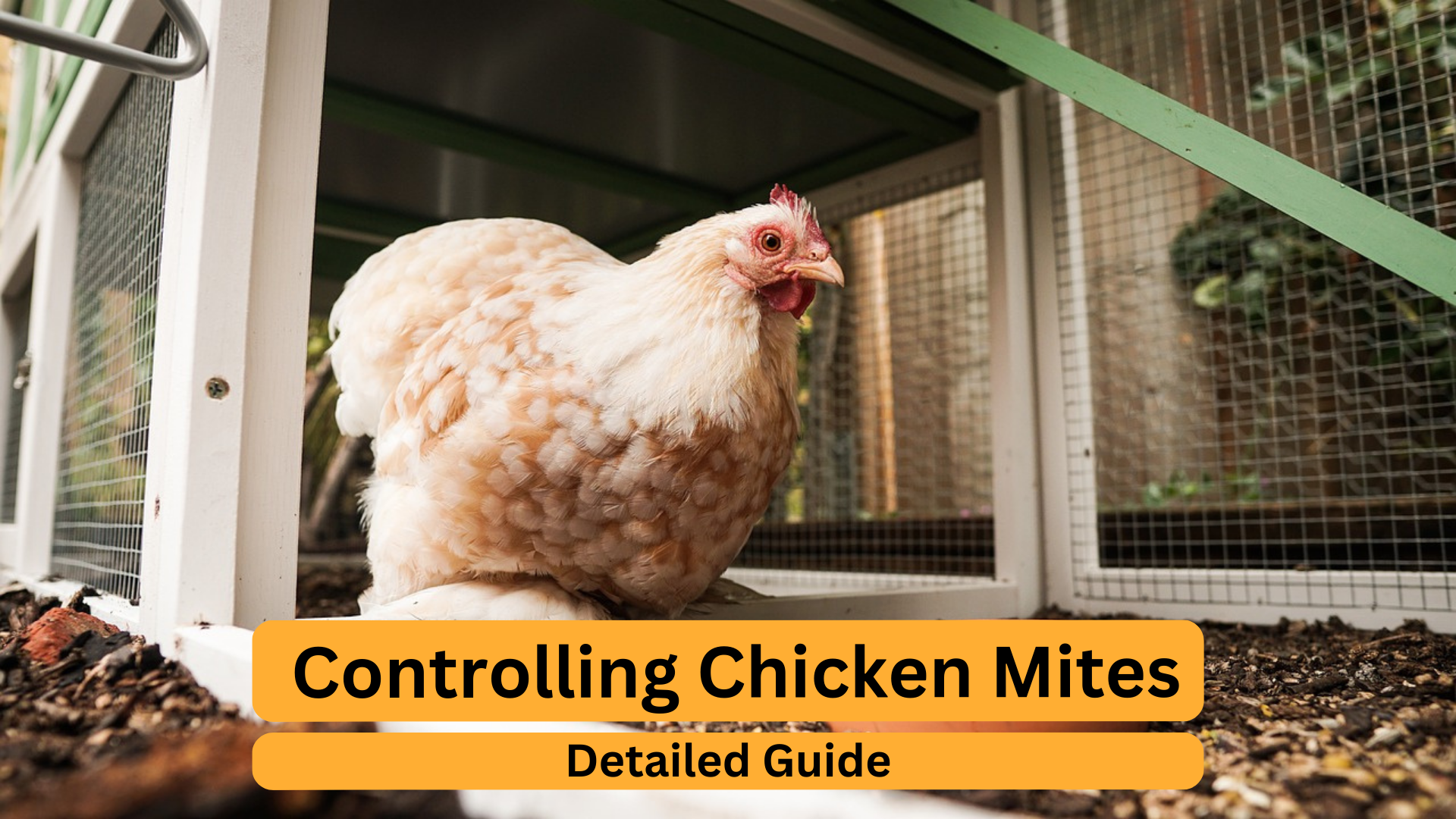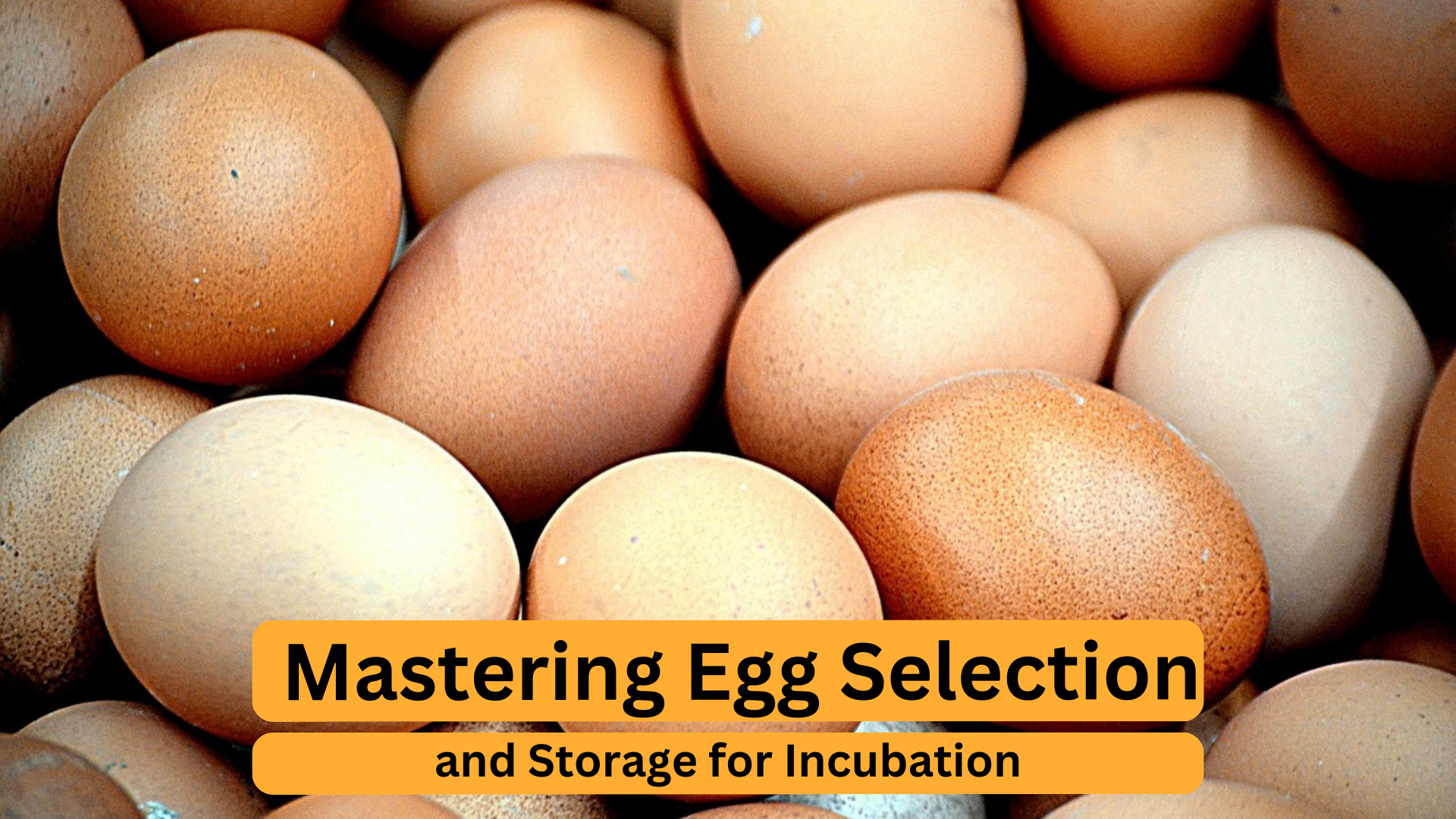Unraveling the Mystery: Why Your Chickens May Stop Laying Eggs
The ability of a chicken to lay eggs can be influenced by a variety of factors, to sum up. Some things, like ageing and moulting, are inevitable and natural, whereas other things, like stress, nutrition, and illness, can be controlled and avoided. You can ensure that your chickens continue to lay eggs and thrive in your backyard or other commercial egg production environment by giving them a secure, healthy environment and a balanced diet, monitoring their health, and managing stressors.
Age and Egg Production: Understanding the Lifecycle:
One of the most frequent reasons why chickens produce fewer eggs is age. Some breeds, such as Rhode Island Reds, may lay eggs for a longer period of time than the average chicken, which typically reaches its peak egg-laying age between 1-2 years of age. But as they get older, chickens' egg production gradually declines, and by the time they are 4-5 years old, they may stop laying altogether.
The Molting Process: Impact on Egg Laying:
Another natural phenomenon that can stop chickens from laying eggs is moulting, which is the process by which they lose their feathers and grow new ones. The chicken may stop laying eggs during this time because the process can be very taxing on their bodies. Once a year, chickens moult, and it can take them a few weeks to regrow their feathers and start laying again.
Stress Factors Affecting Your Chickens' Egg Production:
Age and moulting are both inherent causes of decreased egg production, but there are other factors that can be controlled and prevented. Stress, for instance, can significantly affect a chicken's capacity to lay eggs. A chicken may stop laying eggs until they feel safe and secure once more as a result of overcrowding, predator attacks, or abrupt changes in their environment.
Nutritional Needs for Consistent Egg Laying:
Nutrition is a key element in maximising chicken egg production. For healthy egg production, a well-balanced diet full of protein, vitamins, and minerals is essential. Because calcium is necessary for the development of eggshells, it is particularly crucial for egg production. Egg breakage and decreased egg production can result from a chicken's eggshells becoming thin and brittle due to a diet low in calcium.
Illness and Disease: Recognising the Signs
Finally, it is critical to monitor your chickens' health because illnesses and diseases can cause a chicken to stop laying eggs. Respiratory infections, parasites, and egg-laying diseases can all impair a chicken's egg-laying ability. You can help ensure that your flock continues to lay eggs by monitoring their health and taking them to a veterinarian if they appear to be sick.
Environmental Influences on Egg Production
Egg production may be impacted by environmental elements like temperature and lighting. For instance, because there are fewer daylight hours during the winter, chickens might lay fewer eggs. To simulate longer daylight hours and maintain steady egg production throughout the year, artificial lighting is frequently used in commercial egg production settings. Egg production can also be influenced by housing and living conditions, with free-range chickens typically producing more eggs than caged chickens.
In conclusion, a chicken's capacity to lay eggs can be affected by a wide range of variables. While some factors, such as ageing and moulting, cannot be controlled, others, such as stress, nutrition, and illness, can. By providing a safe, healthy environment and a balanced diet, keeping an eye on their health, and managing stressors, you can help ensure that your chickens continue to lay eggs and thrive in your backyard or commercial egg production setting.
The Impact of Nesting Box Quality on Egg Laying
Nesting boxes play a crucial role in the well-being and productivity of chickens. Providing comfortable, secure, and appropriately designed nesting boxes can significantly impact their egg-laying capabilities.
-
Material Matters: The choice of materials for nesting boxes is vital. Wooden boxes are popular for their natural feel and insulation properties, while plastic boxes offer ease of cleaning and pest resistance. The material should be non-toxic, durable, and able to maintain a stable temperature.
-
Size and Space: Chickens require adequate space to feel secure and comfortable. The size of the nesting box should accommodate the chicken fully, allowing it to turn around and settle without feeling cramped. Overcrowded or too small boxes can lead to stress, affecting egg production.
-
Privacy and Security: Chickens prefer a private, quiet space for laying eggs. Nesting boxes should be positioned in a calm area, away from high traffic and noise. A sense of security is essential to encourage regular laying.
-
Cleanliness and Maintenance: Regular cleaning and maintenance of nesting boxes are imperative. A clean environment prevents diseases and promotes health, directly influencing egg production. Bedding materials should be soft, absorbent, and replaced frequently to ensure hygiene.
By focusing on the design, placement, and maintenance of chicken nesting boxes, poultry owners can create an optimal environment that encourages healthy and regular egg laying. This holistic approach not only benefits the chickens' well-being but also ensures a steady and quality egg production.









